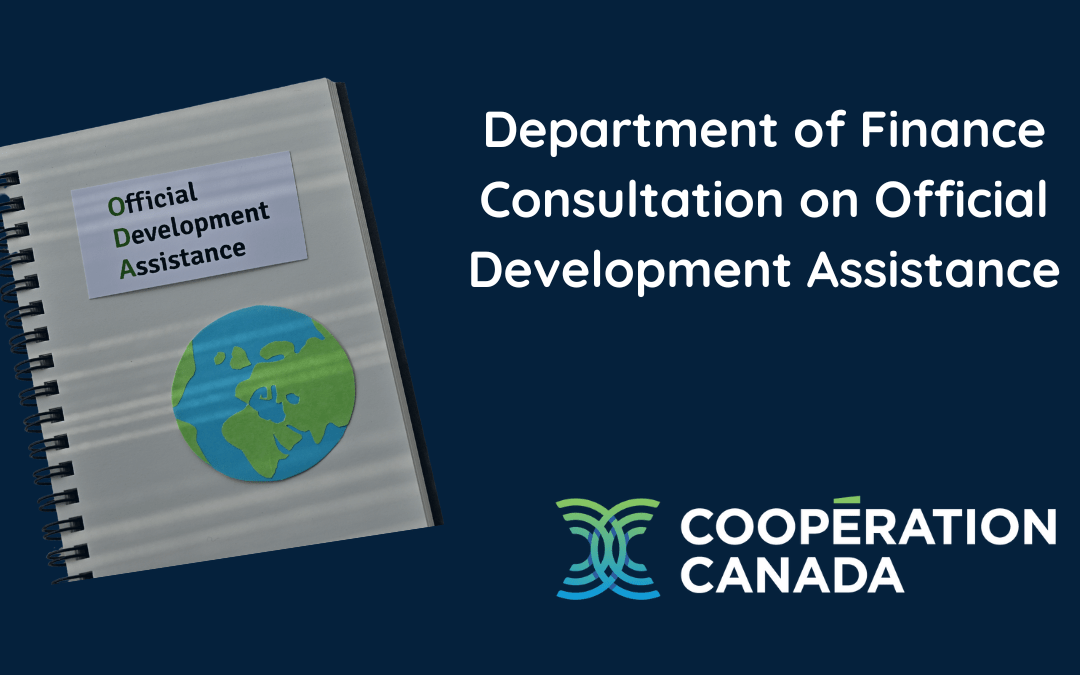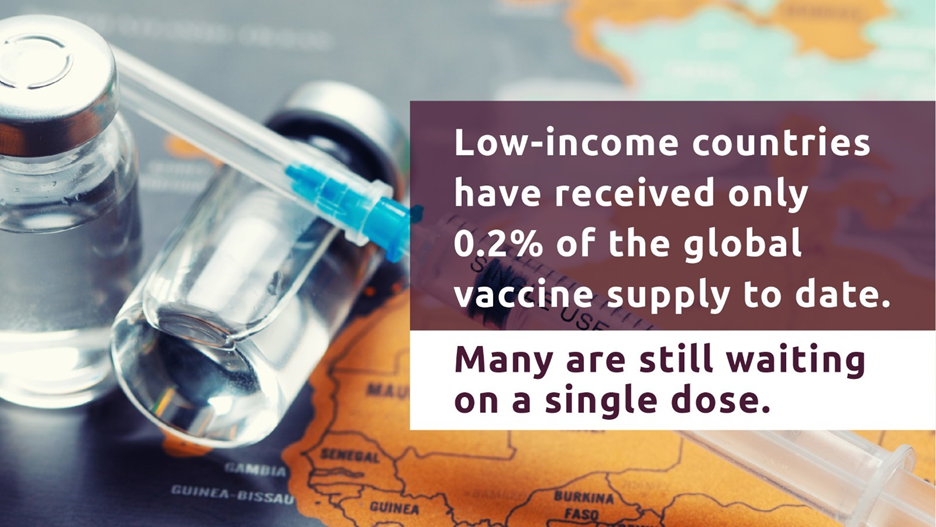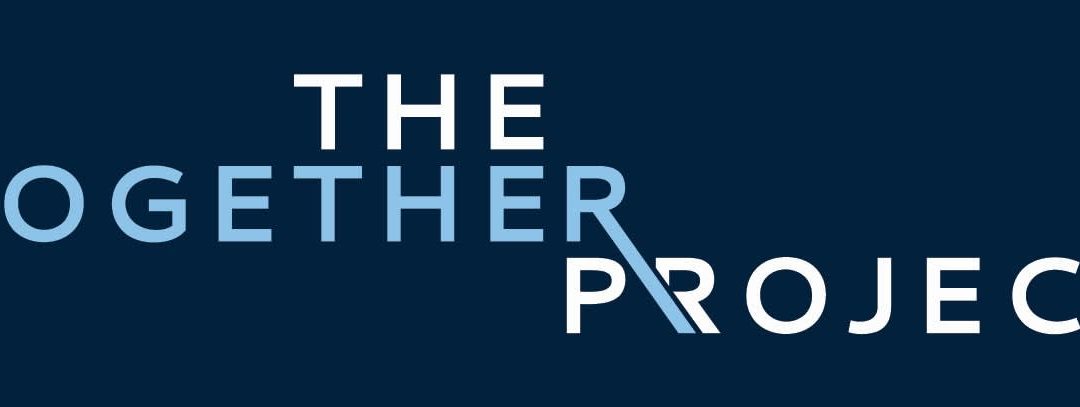
by Cooperation Canada | Dec 23, 2022 | export, News, ODA Advocacy, Publications
In December 2022, Cooperation Canada responded to the Department of Finance consultation on Canada’s Official Development Assistance (ODA). This yearly consultation gives stakeholders an opportunity to comment on the Department’s payments to the World Bank Group’s International Development Association, the Multilateral Debt Relief Initiative, the International Finance Corporation, and the Asian Infrastructure Investment Bank, as well as the Department’s bilateral loan to Ukraine and loans through the International Monetary Fund Administered Account for Ukraine. In addition to providing input on two of the three guiding questions, Cooperation Canada’s submission encourages reflection on the effectiveness of these international assistance contributions.
About meeting ODA criteria
The first guiding question probes whether the Department’s ODA payments to the above multilateral institutions satisfy the criteria concerning poverty reduction, perspectives of the poor, and international human rights, as set out in the Official Development Assistance Accountability Act.
Contributing to poverty reduction is one of the three criteria characterizing ODA in Canada, the other two being to take into account the perspectives of the poor and to be consistent with international human rights standards. Cooperation Canada acknowledges the role of multilateral institutions like the World Bank’s (WB), International Development Association (IDA), and the Multilateral Debt Relief Initiative (MDRI) in global poverty alleviation, yet has concerns about the alignment of their operations with the last two criteria.
Canadian CSOs have often expressed concern about the prioritization of financial returns over positive development impacts, which is problematic as this relegates the perspective of the poor as a marginal success factor. In contrast, country-led approaches are often better designed to center the needs and priorities of the poor and marginalized communities. Further, considering the perspective of the poor requires increased attention to gender equality, as women and girls are often among the most vulnerable groups that are the first hit by austerity measures recommended by the International Monetary Fund.
About the Report to Parliament on the Government of Canada’s International Assistance
The second guiding question in the consultation asks whether the Report to Parliament on the Government of Canada’s International Assistance helps to improve transparency on international assistance.
Cooperation Canada would welcome reporting on balances in budget allocations, new budgetary additions, as well over or underspending levels. It would also be useful to see some indication on the future path of international assistance (both ODA and non ODA). Clear reporting on each ODA criterion would also increase transparency.
General considerations
Cooperation Canada encourages the Department to assess what type of Canadian presence across multilaterals represents the best value for money in terms of achieving development objectives and whether Canada’s current presence is rightsized. Another essential question is whether these multilateral institutions are fit to address the debt emergency. The IMF itself recently warned that failure to support lower-income countries in the current inflationary context would have severe ripple effects as countries are being forced to borrow more to keep their citizens from going hungry. This runs at cross-purposes with the commitment, under the Multilateral Debt Relief Initiative (MDRI), to cancel 100% of eligible debts owed by heavily indebted poor countries. This also gives motive to question the governance models in multilateral development institutions that seem to generate and perpetuate maldevelopment.
Policy Lead, Cooperation Canada

by Cooperation Canada | May 10, 2021 | News, ODA Advocacy, Responding to Covid-19
Cooperation Canada, alongside CanWaCH and social justice advocates across the country, urges Canada to do more in supporting mechanisms crucial to fight COVID19 and foster a fair global recovery.
Read our letter to Prime Minister Justin Trudeau about the TRIPS waiver, cosigned by Julia Anderson, CEO of CanWaCH, and our Chief Executive Officer, Nicolas Moyer.
It focuses on Canada’s support to India and South Africa’s proposal to waive the relevant obligations under the World Trade Organization’s Agreement on TRIPS, the COVID-19 Technology to Access Pool (CTAP) and the creation of a Canadian advisory group to explore solutions to the inequitable global response to COVID-19.


by Cooperation Canada | Mar 25, 2021 | News, ODA Advocacy, Policy
In a virtual town hall on foreign policy on March 16, Conservative Party Leader Erin O’Toole shared his vision for Canada’s engagement on the international stage. Cooperation Canada welcomes his reversal during this event of a Conservative Party election platform policy during the last federal election to cut Canada’s official development assistance (ODA). Canada is already contributing less than its fair share globally: Canada’s ODA levels are below those of other peer countries, currently at their lowest point in 50 years.
“As the COVID-19 pandemic ravages lives, devastates economies and increases inequalities around the globe, Canada has an important role to play in contributing to a global recovery that is inclusive for everyone,” said Nicolas Moyer, CEO of Cooperation Canada. “Canada must do more on the global stage, not less, if we are to see the kind of global recovery that reflects Canada’s values and principles of human rights, equality and inclusive progress.”
As the current crisis shows, our economy is global, our population is multicultural, and we cannot solve global challenges in isolation. Canada will not recover until the world recovers. Mr. O’Toole recognized this and assured Canadians that the Conservative Party’s approach to global engagement would be predictable, strategic and impact-oriented, while enabling civil society actors to support the most marginalized communities through equitable partnerships in Canada and abroad.
We welcome these vital positions shared by Mr. O’Toole, including his pledge to reform the Canada Revenue Agency’s severely outdated ‘direction and control’ regulations, which hinder the ability of Canada’s charitable actors to establish equitable partnerships with communities and actors in Canada and abroad. Senator Ratna Omidvar’s Bill S–222, tabled before the Senate, represents a collectively devised solution to this urgent issue for Canadian charities, including those working internationally.
Under the Together Project, Canada’s international cooperation sector is calling on all parties to commit to long-term increases of ODA and global climate finance mechanisms needed to meet our country’s fair share for global solutions that will benefit us all. More specifically, our sector is asking that 1% of Canada’s COVID-19 response and recovery budget be allocated towards global solutions. We thank the Hon. Erin O’Toole for engaging in a conversation with us and look forward to further discussing these urgent yet strategic investments.
***
Cooperation Canada with the Business Council of Canada, Canadian Chamber of Commerce, Canadian Global Affairs Institute, Canadian International Council and Global Canada convened the March 16 Foreign Policy Town Hall discussion with the leader of the Conservative Party.
We look forward to convening similar conversations in the future as we strengthen collective forums for inclusive discussions on key global challenges. As our town hall has demonstrated, the interlinkages between all aspects of Canada’s global engagement, including international trade, diplomacy, development assistance and security, are crucial in solving global challenges.

by Cooperation Canada | Dec 8, 2020 | News, ODA Advocacy
A new report calls on the government to increase spending on official development assistance to support the global recovery to the COVID-19 pandemic
OTTAWA, ON, 8 December 2020 – The COVID-19 pandemic has displayed how deeply interconnected our global community is, including the unbreakable connections in public health, economics, and peace and security. Without proper investment in official development assistance, the ripples of this pandemic will not only impact the growth of historically disadvantaged countries around the world but also the lives of Canadians at home for decades to come.
Cooperation Canada’s In this Together: A Case for Canada’s Global Engagement argues the only path to a just global recovery to the COVID-19 pandemic must include a substantial and sustained increase of spending on official development assistance. The report includes a series of Together for Impact reports which highlight the value of investing in issue-specific solutions to global challenges like health, education, food security, climate change and gender equality.
“In the face of the greatest international crisis in a generation, a strong global response by Canada is not a matter of charity; it’s about progress that is of mutual benefit for Canada and our global partners,” said Nicolas Moyer, CEO, Cooperation Canada.
The case of Vietnam illustrates this well. The Government of Canada reports that, since 1990, it has contributed over $1.5 billion in development assistance to Vietnam. Within those 30 years, Vietnam has grown from one of the world’s poorest countries into a lower-middle-income status, with an international trade portfolio that includes Canada. Every two years, Canada makes as much in sales to Vietnam as it provided in 25 years of official development assistance.
This is just one of the many issue-specific cases from many countries highlighted in In this Together: A Case for Canada’s Global Engagement.
“Canada has historically prioritized international assistance, but today, as a proportion of the economy, the current government’s record on ODA is the lowest it has been in 50 years. We have the opportunity to change this as we navigate the COVID-19 recovery. Without a global focus, the pandemic will cut deeper and last longer” continued Nicolas.
A recent study found 79 per cent of Canadians agreed, that unless COVID-19 is controlled in all parts of the world, Canadian’s cannot return to normal life (Abacus Data, CanWaCH). Another recent study further found, by a two to one margin, Canadians agree that Canada needs to do its part to help poorer countries in their recovery from the pandemic (Abacus Data, Cooperation Canada).
Canada has the opportunity to chart a new path forward with investments across the humanitarian and development spheres to enable a global recovery while supporting its own. When Canada invests in its partners abroad, there are returns for Canada.
“The pandemic has shed light on the gross inequities that exist at home and around the world,” said April Ingham, Executive Director, Pacific Peoples’ Partnership, Co-Chair, Cooperation Canada Board. “What COVID-19 has shown us, is that when we prioritize the needs of the most marginalized, we all benefit. When we prioritize vaccinating the most at risk, the rest of the population is safer; when we invest in the poorest, economies are strengthened”
“During this period of global crisis, Canadians have come together to support their neighbours at home and on the other side of the world,” said Richard Veenstra, Executive Director, Mission Inclusion, Co-Chair, Cooperation Canada Board. “It is through a unified approach that we will overcome these global challenges. Canada relies on the wellbeing of our international partners, just as our health and wellbeing has an impact internationally. No one will recover sustainably if half the world is left to navigate the pervasive effects of this crisis alone.”
A global solution requires Canada. We are in this together. To discuss the launch of the report, Cooperation Canada will bring together champions of international development to join the virtual event In this Together: A conversation on Canada’s global engagement on Tuesday, December 8, 2020, at 12 p.m. ET (French) and 2 p.m. ET (English).
– 30 –
About Cooperation Canada: Since 1968, Cooperation Canada (formerly known as the Canadian Council for International Cooperation) has brought together more than 90 organizations working in the international development and humanitarian sector. Cooperation Canada is an advocate for these groups by convening sector leaders, influencing policy and building capacity. Together, Cooperation Canada works with partners inside and outside Canada to build a world that’s fair, safe, and sustainable for all. To learn more, visit cooperation.ca






